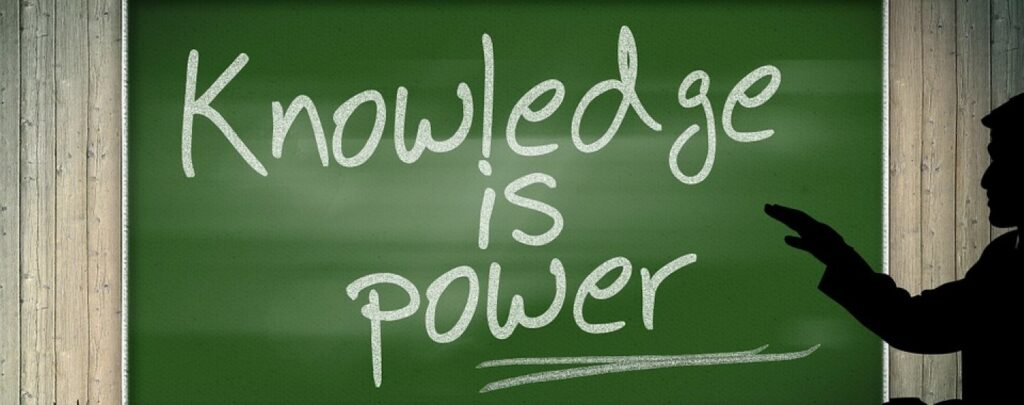
Life skills are the skills you need to make the most out of life – your life.
Life skills help an individual to deal with, and to adjust and adapt to changes and challenges in everyday life.
Acquiring certain life skills now – as a teenager – will be of benefit to you at school, and will help you succeed as an adult.
It will enable you to be a team player at work and in life, a good leader, a valued employee, a loyal friend and a disciplined individual.
Skill 1: Be present, aware and conscious
Being present or mindful means being fully engaged in whatever you are doing at any given moment.
This increases focus and concentration, boosts memory, and improves listening skills. It also enables you to work smarter.
Being present starts with showing up on time – in class, at a meeting, for an appointment.
The next step is to decide what is important – then be attentive and participate mentally and emotionally. This includes making eye contact and to avoid distraction (like checking messages or scrolling on your phone!).
Skill 2: The art of communication
Being able to communicate clearly and effectively, might just be the most important life skill anyone can have!
Through communication you pass on information to others and it allows you to understand what others are saying to you.
No meaningful relationship can exist if there is no proper – and honest – communication.
Communicating virtually (mostly using a few lines of text at a time) does not equip you with the communication skills needed to:
- inform others
- express your feelings
- use your imagination
- positively influence others
- remove potential misunderstandings
- meet social expectations
Also read ‘The importance of confidence’.
Skill 3: Learn to become resilient
Resilience is our ability to bounce back from life’s challenges and unforeseen difficulties. If you are resilient, you will keep going, regardless of what happens.
It is your reaction to adversity – not adversity itself – that determines how successful you will be, whether in your career or your personal life.
Recent research has shown that you can learn to be more resilient, even if it doesn’t come naturally at first.
Also read ‘How to set realistic goals’.
Skill 4: Choose HOPE
Someone once said, “Hope is the ability to hear the music of the future”.
A hopeful person keeps problems in perspective. This means that you will acknowledge hard times, but that you will remain determined not to give up.
Hope gives you more resilience (see Skill 3) and emotional strength.
Skill 5: Be self-aware
People who are self-aware know what they are thinking and feeling. They are conscious of what they say to others and how their words are perceived.
Self-awareness is not self-centredness. Self-awareness allows you to learn from you mistakes (also read ‘Mistakes are an essential part of learning’) and to discover who you really are and to work on who you want to become.
Also read ‘Believe in yourself’.